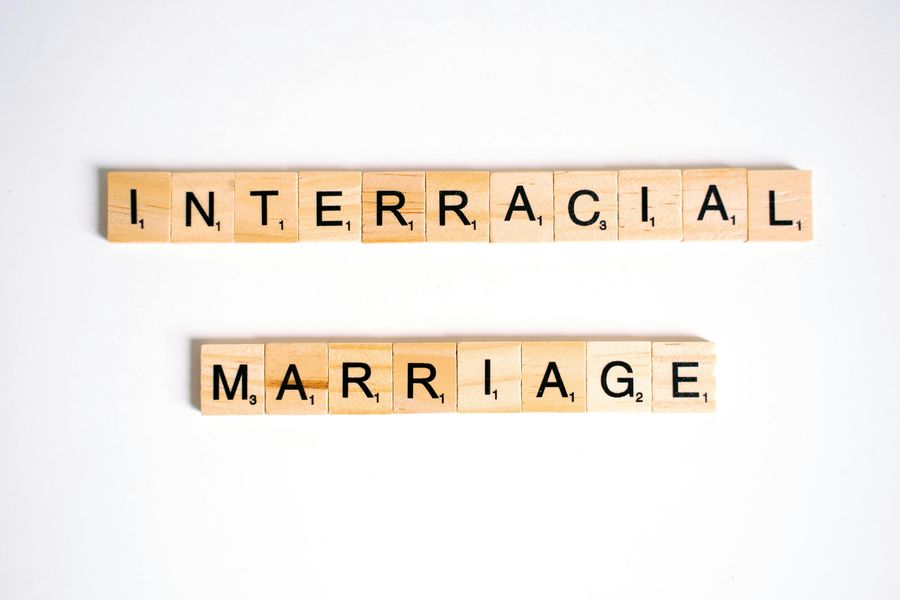The Impact of Hurtful Communication in Relationships
Relationships are built on more than just love and affection. They require effective communication, honesty, and mutual respect.
However, hurtful communication can severely damage relationships and leave lasting emotional scars. Fights and arguments are inevitable in any relationship, but it’s crucial to avoid hurtful phrases that can cause irreparable damage.
The Consequences of Hurtful Phrases
Words can be powerful weapons, and once they’re uttered, they can never be taken back. Hurtful phrases actively erode the foundation of trust and respect that any relationship is built upon.
Even the strongest of relationships can crumble under the weight of repeated hurtful communication. The effects of hurtful communication in a relationship can include:
The Impact of Hurtful Phrases
-
Emotional Distress – hurtful words can cause significant emotional distress, making it difficult for the person to let go of their hurt and forgive their partner. These negative emotions can contribute to feelings of depression, anxiety, and even suicidal ideation.
-
Damaged Self-Esteem – constant criticism and hurtful comments can lead to low self-esteem and confidence in oneself, eventually, leading to depression.
-
Anger and Bitterness – replying with more hurtful words in response to hurtful phrases can create a toxic cycle, leading to anger and bitterness, eventually making the relationship toxic.
Examples of Hurtful Phrases to Avoid
Hurtful Phrases to Avoid
-
Blame-Shifting – blaming your partner for everything that goes wrong in the relationship is highly detrimental.
Doing so will destroy the trust and care your partner has for you, and instead of working towards a solution, both of you would continuously fall into an argumentative pattern.
-
Embarrassment – making fun of your partner or belittling them shows a lack of respect for their feelings and can cause extreme embarrassment to your partner. It also leads to a loss of trust and can make your partner feel unappreciated.
-
Breakup Threats – Saying things like “If you don’t do what I want, I’ll break up with you” is insensitive and shows a lack of care and communication.
It makes the person feel like they are just being used for their partner’s happiness and wants.
-
Selfishness – constantly disregarding your partner’s feelings or putting your own needs above theirs without considering their feelings is selfishness at its core. This would lead to a loss of trust and a feeling of neglect.
-
Mentioning Ex-partners: Anything related to your ex-partner, like comparison or mentioning them is an excellent recipe for an argument.
Always try to avoid negativity related to an ex-partner in a relationship.
The Importance of Respect in Relationships
Respect is an essential ingredient in any healthy relationship. It is the fundamental aspect that holds any relationship together, and without it, a relationship can quickly crumble.
When mutual respect is present in a relationship, both partners feel valued and appreciated.
The Significance of Respect
Respecting your partner’s feelings and emotions is the foundational aspect of a healthy relationship. It reveals your care for them and your willingness to devote your time and energy to building a strong and healthy relationship.
When respect is mutual, both partners feel secure and valued without any judgment.
Avoiding Statements that Lack Respect
Statements That Lack Respect
-
Fault-finding is a dangerous road in any relationship.
Instead of blaming, try to ask questions and express how you feel about the issue reasonably.
-
Comparison is the enemy of all relationships. No one likes being compared to others, and it leaves the feeling of being inferior or not good enough.
-
Importance: It is essential not to feel that your partner’s interests are less important than yours.
Instead, both parties could communicate how they feel, and mutual agreements can be reached.
-
Mistake: No one is perfect, and mistakes are bound to happen. Respect your partner enough to give them a chance to make it right, and do not make them feel bad for their mistake.
In conclusion, relationships can be challenging, and they require work to sustain them. While it’s normal to have misunderstandings, avoid allowing them to grow into arguments.
Arguments, fights, and hurtful communication can damage the foundation of trust, care, and respect. Instead, mutual communication, honesty, respect, and care can help build a strong and healthy relationship that can weather any storm.
It’s essential to work together as a team, be transparent, communicate empathetically to achieve a harmonious relationship built on respect, love, and trust.
Ways to Fix a Damaged Relationship After Hurtful Communication
Relationships can be difficult to navigate at times, and hurtful communication can turn even the strongest relationships upside down. However, there is hope for those willing to make an effort to repair the damage.
Taking the time to apologize for hurtful words, understanding personal triggers and provocation that led to the argument, and making genuine attempts to make up can help heal a damaged relationship.
Humility and Apologies
Apologies are a crucial aspect of repairing a damaged relationship. Even if you believe that your partner said something hurtful first or that the blame is not entirely on you, taking responsibility for your actions and words can go a long way in repairing the relationship.
Showing genuine remorse is essential when apologizing. Simply saying, “I’m sorry” is not enough; you must express sincere regret for the pain you’ve caused.
Admitting your fault and expressing a desire to make amends can help rebuild the trust that hurtful communication has broken down. It’s essential to be humble when apologizing, putting your ego aside and listening to your partner’s perspective on the situation.
Acknowledging their feelings and showing empathy can help your partner feel heard and understood.
Understanding Personal Triggers and Provocations
In any relationship, certain topics and behaviors can trigger personal and emotional responses. It’s essential to identify these personal triggers to avoid causing further damage in the relationship.
Understanding what causes arguments will provide clarity when communicating with your partner. To better understand personal triggers, it is essential to look at previous arguments and interactions.
Identifying patterns in your and your partner’s behavior can help in avoiding future conflicts and hurtful communication. It’s essential to communicate your understanding of each other’s personal triggers so that both of you can work together to avoid future conflicts.
Additionally, provocation can exacerbate conflicts and lead to hurtful communication. Provocation can stem from various factors like frustration, anger, or resentment.
It’s essential to recognize and avoid provoking your partner during communication.
Making Genuine Attempts to Make Up
Recovery takes time, and it’s essential to be patient and not rush the healing process. Taking time to reflect on the argument and how hurtful communication affects the relationship shows empathy and sincerity towards the relationship.
Making genuine attempts to make up can help heal the damaged relationship. Showing affection, doing things you both enjoy, and spending quality time together can reignite the love, trust, and respect in the relationship.
Communication is also essential. Talking regularly about the progress of the relationship shows a willingness to work together to repair the relationship.
It’s important to remember that repairing the relationship takes time and effort. Healing the emotional scars from hurtful communication requires patience, understanding, and empathy.
Both partners should be willing to work together, consistently, and make the necessary changes for the relationship to thrive. In conclusion, hurtful communication can have a severe impact on a relationship, but it’s not the end of the road.
There are ways to repair and rebuild a damaged relationship. It’s important to be sincere about apologizing and take responsibility for your words and actions.
Understanding each other’s personal triggers and avoiding provocation can help prevent future conflicts. Lastly, making genuine attempts to make up and repair the relationship takes time, effort, and patience.
Repairing a damaged relationship is possible with the willingness to change, communicate, and work together. Overall, the impact of hurtful communication in relationships cannot be underestimated.
Words have the power to cause significant damage, and once they’re spoken, they can never be taken back. Therefore, it’s essential to avoid hurtful communication by choosing words that show care, respect, and empathy towards each other.
Rebuilding a relationship after hurtful communication may take time and effort, but it’s possible with sincere apologies, understanding of personal triggers and provocation, and making genuine attempts to make up. In the end, it’s worth it to work on a healthy relationship built on mutual trust, respect, and love, ensuring both partners feel valued, heard, understood, and appreciated.



